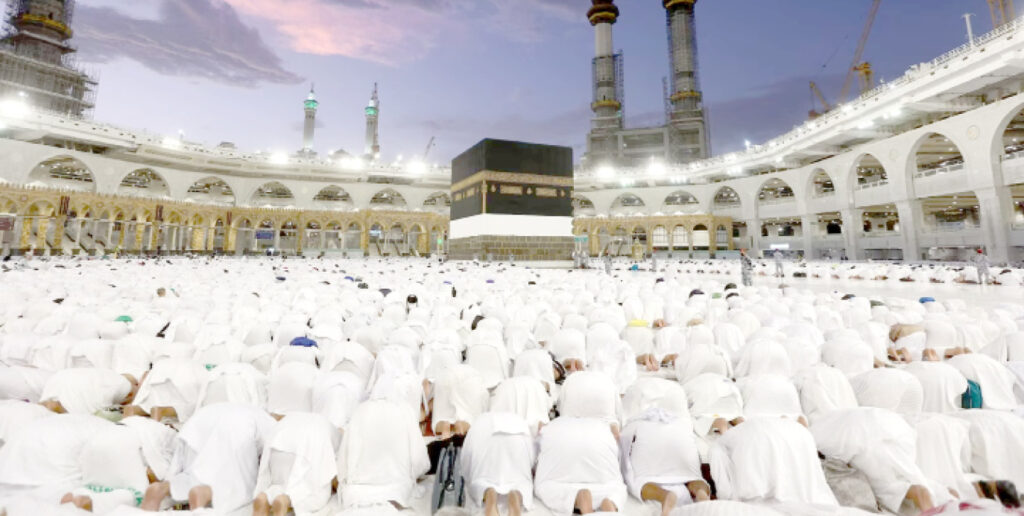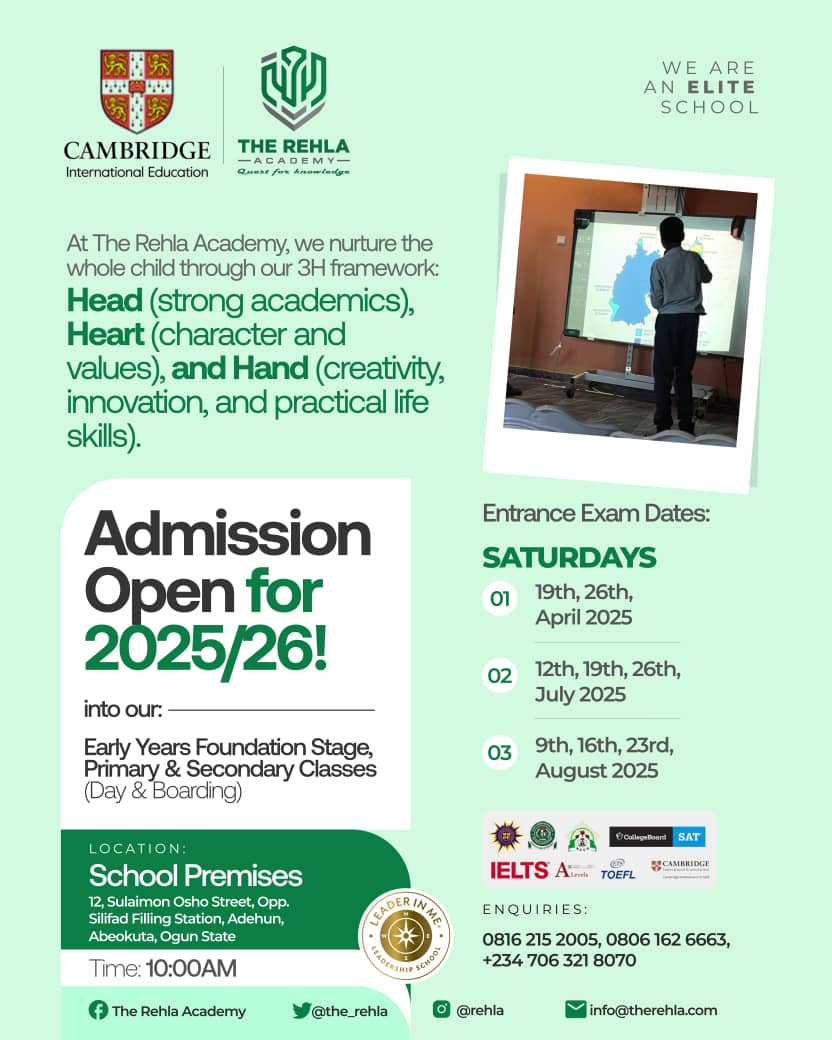No fewer than 15 Nigerian pilgrims were diagnosed with acute psychiatric disorders during the 2025 Hajj exercise in Saudi Arabia, the National Hajj Commission of Nigeria (NAHCON) has revealed.
The Head of the NAHCON Medical Team, Dr. Sani Garba, disclosed this during a post-Hajj medical review held in Mecca on Tuesday. He described the situation as one of the most pressing medical challenges encountered during the religious pilgrimage.
“We really had difficulty managing over 15 patients that have acute psychiatric illnesses. It’s challenging for us,” Garba stated.
He lamented that Saudi Arabian regulations barred the Nigerian medical team from procuring antipsychotic medications locally, forcing them to rely on external hospitals for emergency treatment.
“We were not allowed to purchase these drugs. We only take our patients to Saudi hospitals for a shot and return them back,” he said.
Garba explained that several pilgrims with a history of psychiatric conditions were unable to continue their regular medication schedules during the trip, either due to travel restrictions on psychotropic drugs or the inability to bring prescriptions into the Kingdom.
“It’s quite challenging, so we are calling on the management to take up this issue,” he said, calling for policy reforms that would ensure easier access to essential medications during future Hajj operations.
In addition to the psychiatric cases, the team also recorded four pregnancy-related cases, of which three ended in miscarriages and one resulted in childbirth in Madina. Overall, nine Nigerian pilgrims lost their lives during the 2025 pilgrimage, Garba confirmed.
The NAHCON official further disclosed that the medical team operated across four major units: consultation, emergency, referral services, and infection control through public education.
“We managed our patients under 2,012 offices scattered all over the tents where our medical teams rendered services to our pilgrims,” he said.
During the critical rites in Mina and Arafat, emergency teams — made up of 14 doctors, 18 nurses, and 8 pharmacists — rendered services to a total of 10,886 pilgrims, comprising 6,340 males and 4,546 females.
Garba also said that in total, 15,186 consultations were recorded during the entire Hajj period, with elderly patients accounting for 40% of all emergency cases.
“This depicts that many of the elderly patients already had underlying chronic medical conditions, which deteriorated in the harsh Hajj conditions,” he noted.
Among the emergency responses, 41 patients were resuscitated in ambulances, while 21 were referred to more equipped facilities in Mina and Mecca. Two ambulances were on standby throughout the pilgrimage, attending to 68 emergency cases.
The common ailments among the pilgrims, according to Garba, included severe dehydration, psychiatric disorders, diabetes, hypertension, and infectious diseases. A wide range of medications — including antipsychotics, analgesics, antibiotics, and anti-diabetics — were administered during the exercise.
The NAHCON medical chief stressed the need for better pre-Hajj medical screening and improved policy coordination to prevent avoidable medical emergencies in future Hajj operations.
Do you want to share a story with us? Do you want to advertise with us? Do you need publicity for a product, service, or event? Contact us on WhatsApp +2348183319097 Email: platformtimes@gmail.com
We are committed to impactful investigative journalism for human interest and social justice. Your donation will help us tell more stories. Kindly donate any amount HERE






